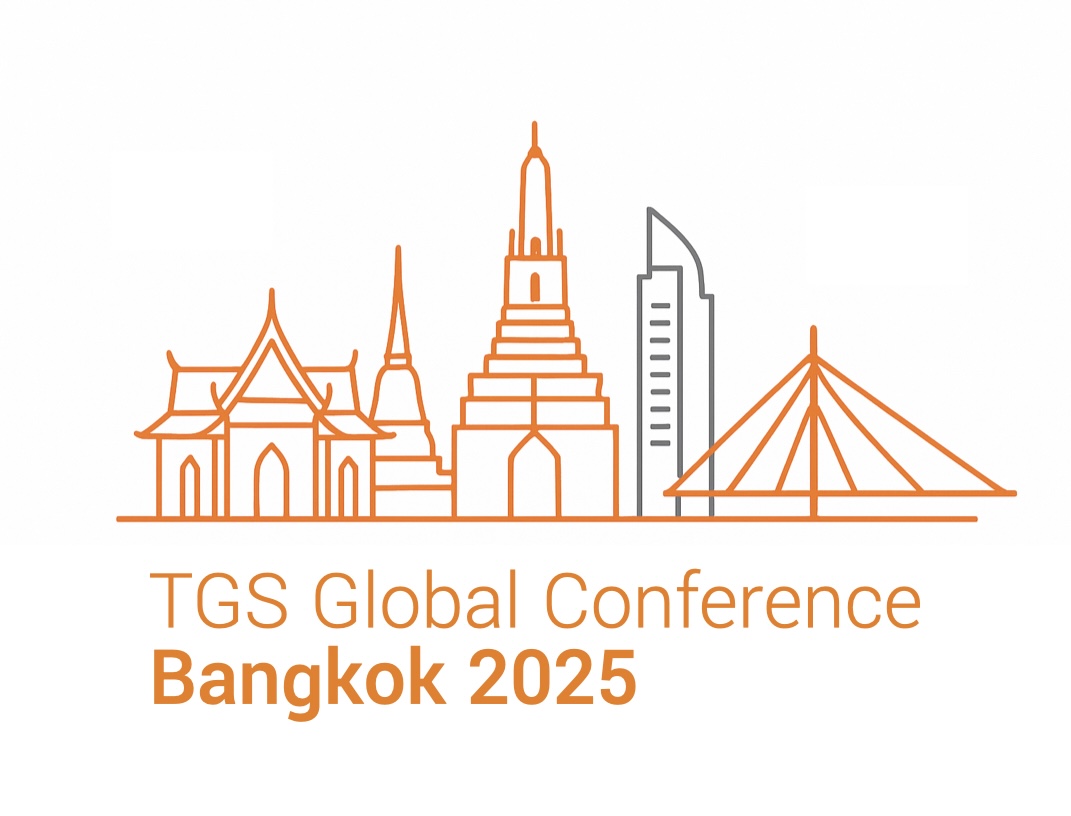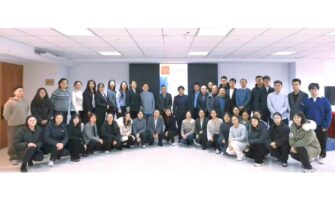24/09/2025
Our Bangkok conference just became the most accidentally brilliant business development move of 2025
Events
The universe has a sense of humor about professional services firms.
Just as I’m finalizing catering arrangements for our annual conference in Bangkok—debating whether to serve authentic pad thai or risk another year of complaints about “authentic” hotel buffet interpretations—the EU and Indonesia announce they’ve concluded negotiations on their Comprehensive Economic Partnership Agreement.
Perfect timing. Or is it?
You see, when we chose Bangkok as this year’s venue, it wasn’t because I had inside knowledge of geopolitical trade negotiations. It was because our Asia-Pacific members finally convinced me that holding every international conference in Europe was getting a bit parochial. “Support the work being done in China,” they said. “Make it accessible for the Asia Pacific members,” they said.
What they didn’t mention was that we’d accidentally positioned ourselves at the epicenter of what could be the most significant business opportunity for our members since someone invented the limited liability company.
The EU-Indonesia deal isn’t just another trade agreement gathering digital dust in Brussels filing cabinets.
This is €600 million in annual duty savings for EU exporters, a free trade zone covering 700 million consumers, and most importantly for us—an absolute goldmine of compliance work that’s about to cascade down to professional services firms across our network.
But here’s where it gets interesting for accountants and advisors who still think “international expansion” means opening a second office in the next town over.
The agreement creates something our Indonesian board member Mikhail mentioned in passing during our last strategy call: a perfect storm of regulatory complexity that requires exactly the kind of cross-border expertise our network was designed to handle. European companies suddenly have privileged access to Indonesian markets. Indonesian companies gain unprecedented access to EU supply chains. And both sides need advisors who understand not just local compliance requirements, but how to navigate the integration of “both sides’ supply and value chains.”
This is where most firms make their first mistake. They see “trade agreement” and think “customs duties.” They miss the deeper game entirely.
The real opportunity isn’t in the tariff eliminations—though saving €600 million annually in duties certainly helps.
It’s in what happens next. European automotive companies setting up Indonesian operations. Indonesian electronics manufacturers establishing EU subsidiaries. Cross-border intellectual property licensing deals. Geographic indication protections for agricultural products. Investment structures for electric vehicle manufacturing.
Each of these requires the kind of sophisticated international advisory work that transforms a compliance-focused practice into a strategic advisory powerhouse.
I learned this lesson the hard way fifteen years ago when a client casually mentioned they were “looking into” the Singapore market. What started as a simple question about transfer pricing became an eighteen-month advisory engagement covering corporate structure, tax optimization, regulatory compliance, and ultimately, a €50 million acquisition that required coordination between firms in four jurisdictions.
The client paid advisory fees that were multiple times our annual compliance revenue from them. More importantly, it established us as their go-to advisors for international expansion—a relationship that continues to generate significant fees today.
The EU-Indonesia agreement represents this opportunity multiplied across hundreds of potential clients, but only for advisory firms positioned to see beyond the immediate compliance requirements.
Which brings me back to Bangkok, and why our conference timing might be more strategic than accidental.
Our network members will be gathering in Thailand just as European and Indonesian businesses begin planning their first moves under the new agreement.
We’ll have experts from both the EU and Southeast Asia in the same room, at exactly the moment when companies on both sides are asking their advisors: “What does this mean for us? How do we take advantage? What’s our strategic response?”
The firms that can answer those questions—with confidence, expertise, and international network support—will pivot from order-takers to strategic advisors. The ones that can’t will continue competing on price for basic compliance work.
Professional services firms should think about positioning themselves for opportunities they can’t predict.
Position your firm...
…for opportunities you can’t predict.



